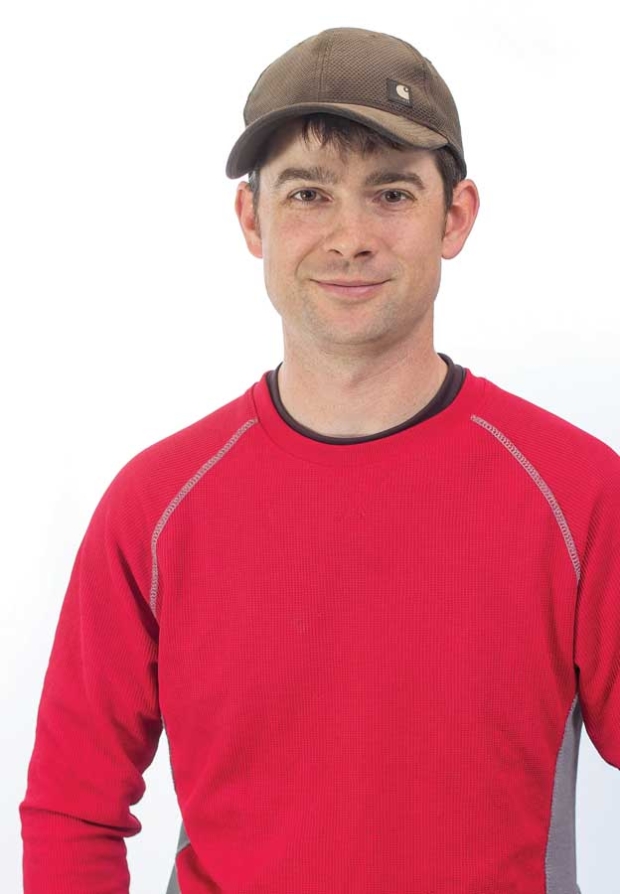 grower / Roseburg, Oregon
grower / Roseburg, Oregonage / 34
crops / Diversified farm with fruits and hay
business / Kruse Farms
other experience / Fourth generation grower who also manages a large farm market
How did the family farm start?
Our family ended up buying a lot of farmland that was in prune production and we operated a prune dryer for years and years. Now the business of prunes has gotten so small in the area the last commercial prune dryer shut down a few years ago.
Now, our farm sends our prunes out of the county to be dried. One thing that’s changed is the California market has found a way to be competitive. They grow a different prune, the French Petite variety.
We grow a big prune, and a lot of our older customers love the old Italian, or Brooks-style prune that has a very different flavor. The California prunes are very efficient to grow and when you look at the bottom line, that’s what keeps an industry growing.
With the diverse crops and the farm market, what was the learning curve like when you returned?
When I came back to the farm, I really realized how complex it is, compared to when I was a kid.
I really like to dig into things but I have to limit myself. I can’t put all of my attention into my cherries like a farmer who only grows cherries because of all the other crops I need to tend. For instance during cherry harvest, I’m planting other crops for the farm, and I don’t have the resources to give my all to only one crop. Side crops like alfalfa add an interesting demands on the farm because it’s value is very, very timely.
So, for me, I’ve been trying to figure out how much of my time I need to give to each crop and divide my time appropriately. For the future, I know developing systems for me to allow a less skilled worker could take those tasks off of me.
What things are you hoping to do different than your father or grandfather?
Since I’ve been back I’ve been looking at newer growing methods. My grandfather, who’s 84 now, and for somebody who’s been in the business of farming for some 65 years, he has been open to new ways.
The latest peach orchard we planted is a high-density, it’s not trellised or anything crazy, but it’s higher density that’s getting away from the open-vase design. It was planted to help eliminate some labor costs and gain some efficiencies and look at a different way of managing the orchard. I would say one of the things I’ve learned is the old ways (of farming) are there for a reason. Simply kicking a tradition out takes a lot of thought.
If you’ve done something a certain way for a long time it should take more than a research paper to change your ways. Traditions are the way they are because they’re tested over time. That said, there’s danger in not looking or considering new ideas. For our farm, there’s a pretty good balance between old and new methods and being able to try new things.
What are looking at 5-10 years down the road?
One of the things we are looking at is how we manage our retail farm market. Our main goal is to grow as much of the stuff we sell as we can for retail. We also get a lot of crops from around the area.
If we cannot find area grown fruit, I’m going to look at growing it, especially if I cannot find enough volume to supply the market. That’s why we went into blueberries. In Douglas County, we have one of the best blueberry growers in the country right down the road from us, but it got to the point where they were too busy with their international business to get us a reliable volume of blueberries.
So I needed to grow my own to keep up with demand. A similar thing happened with nectarines. There’s a good chance we’ll be growing pears in the near future as well.

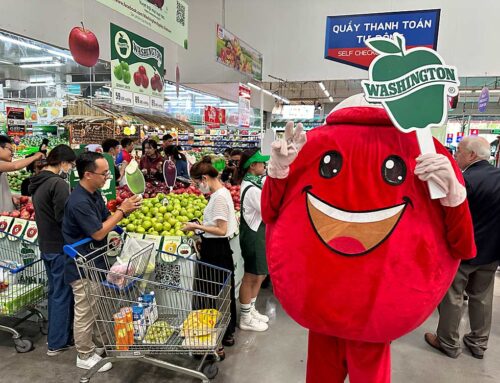

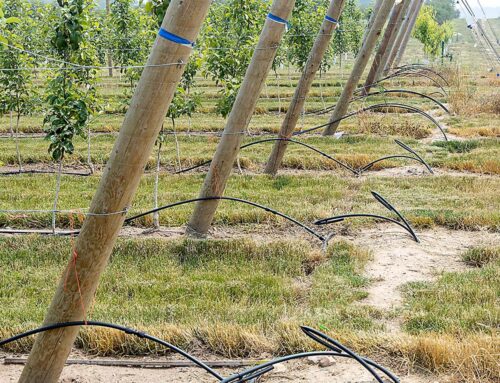
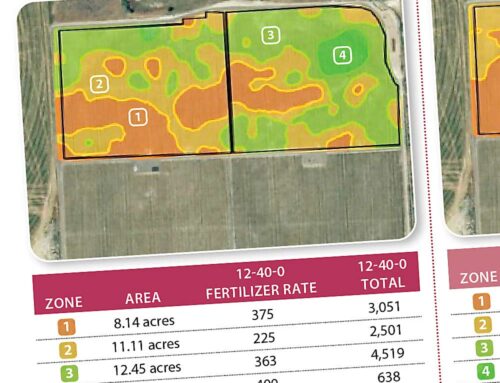
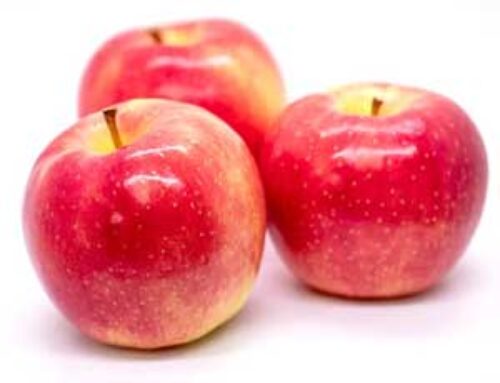
Leave A Comment